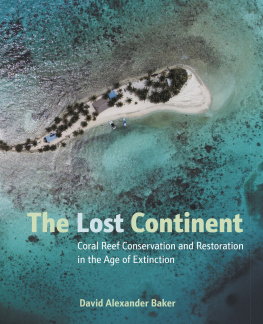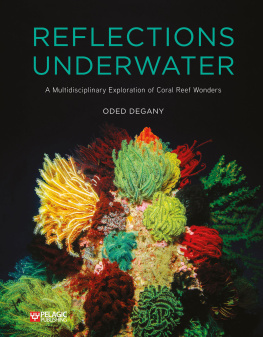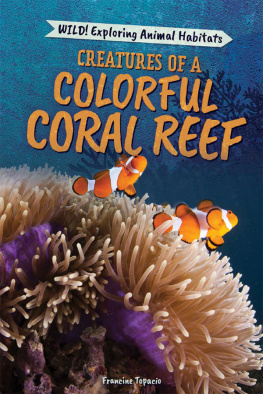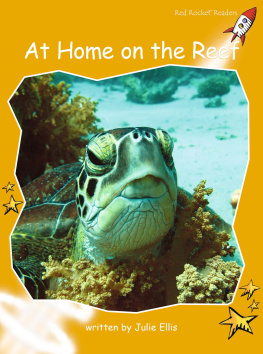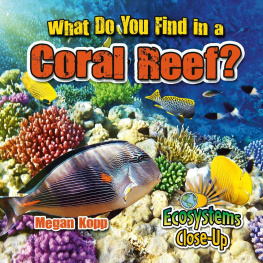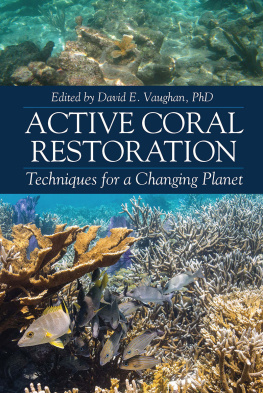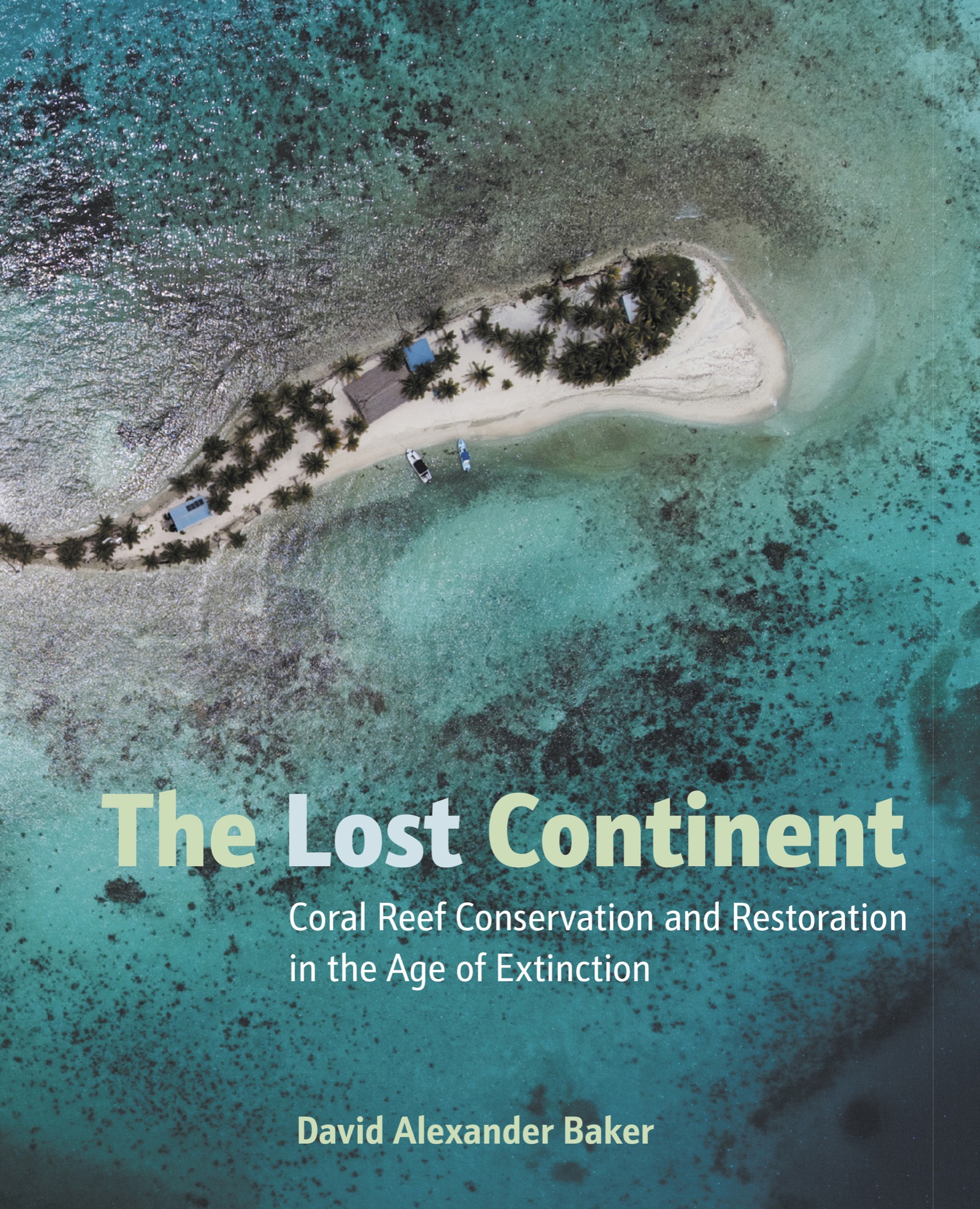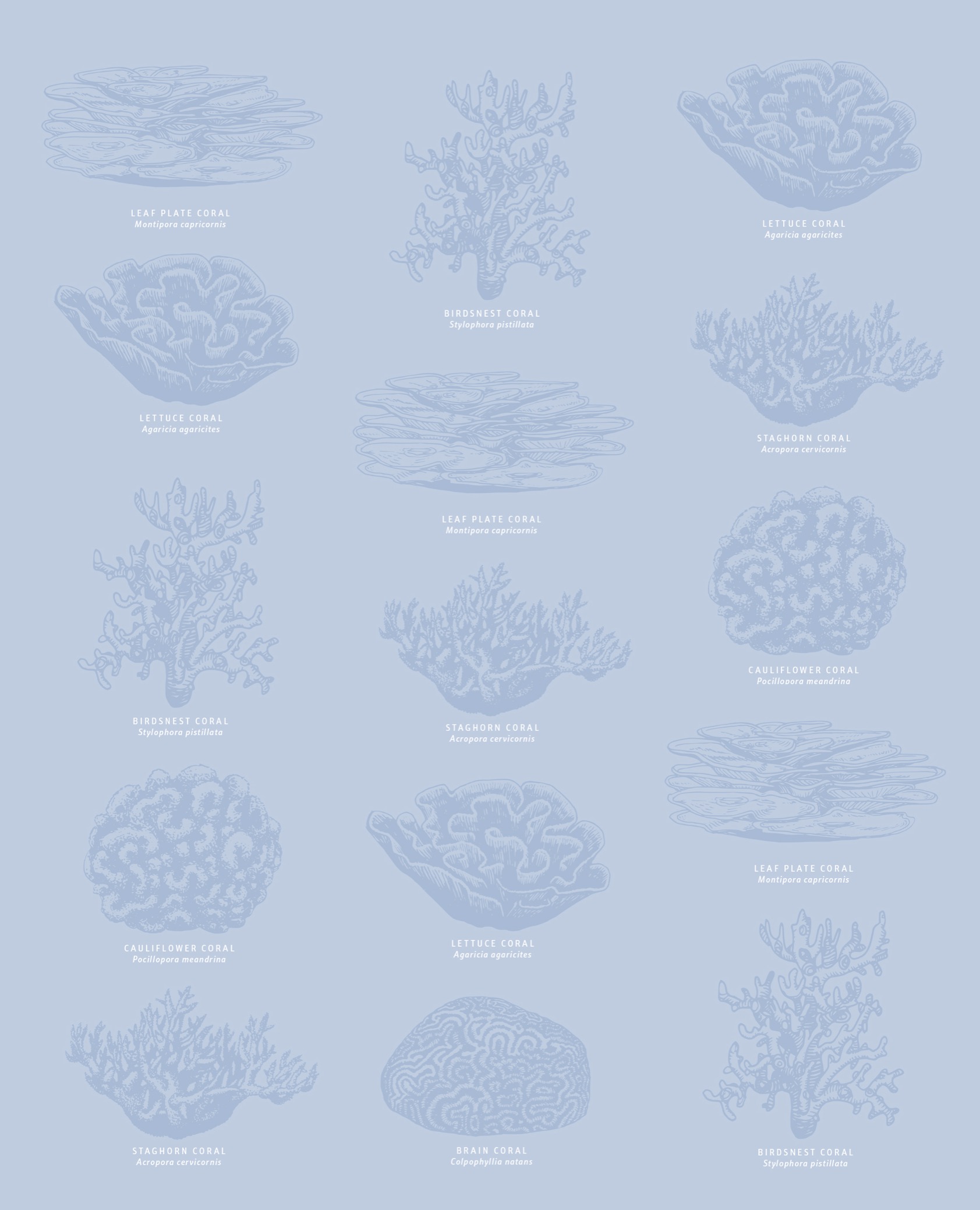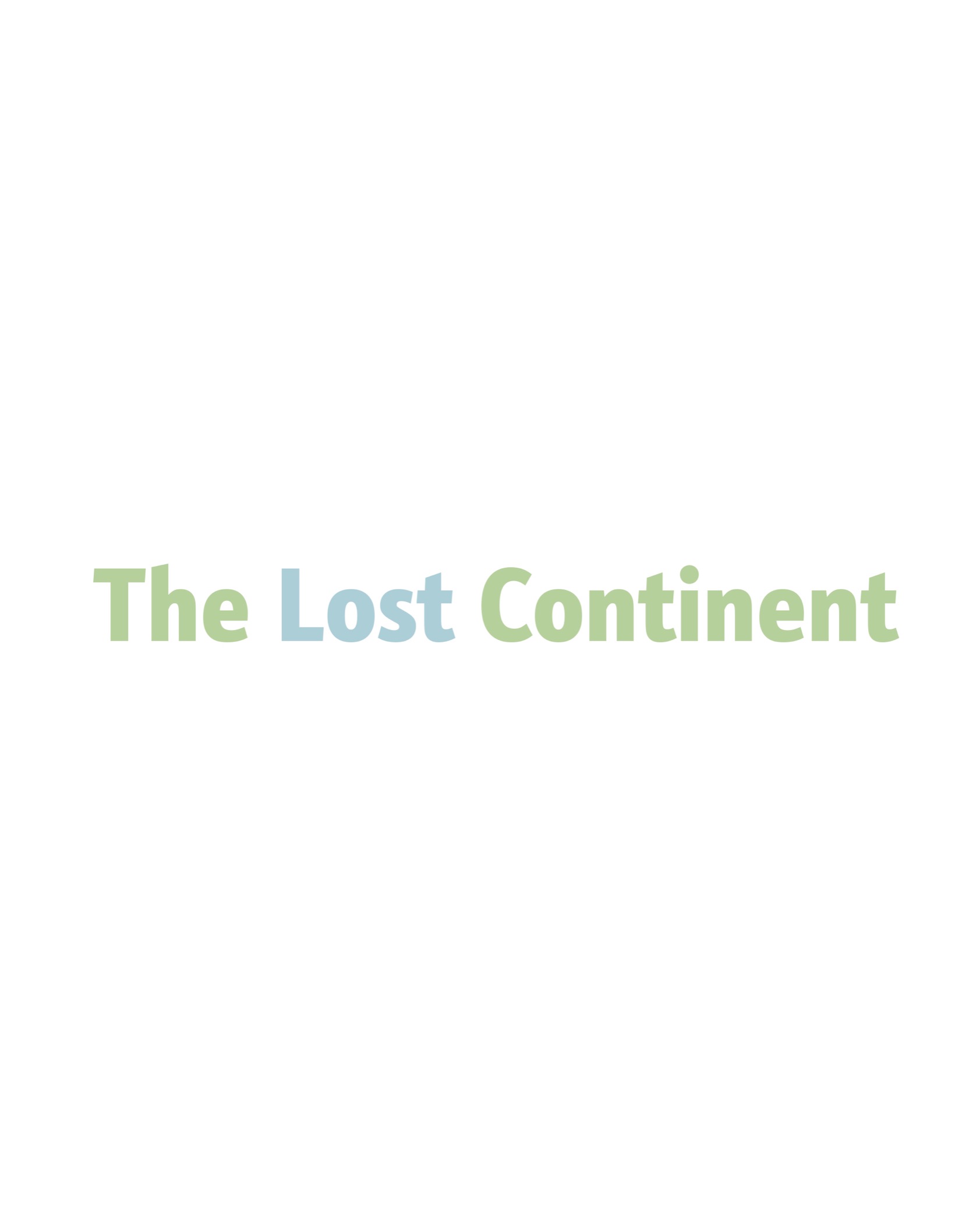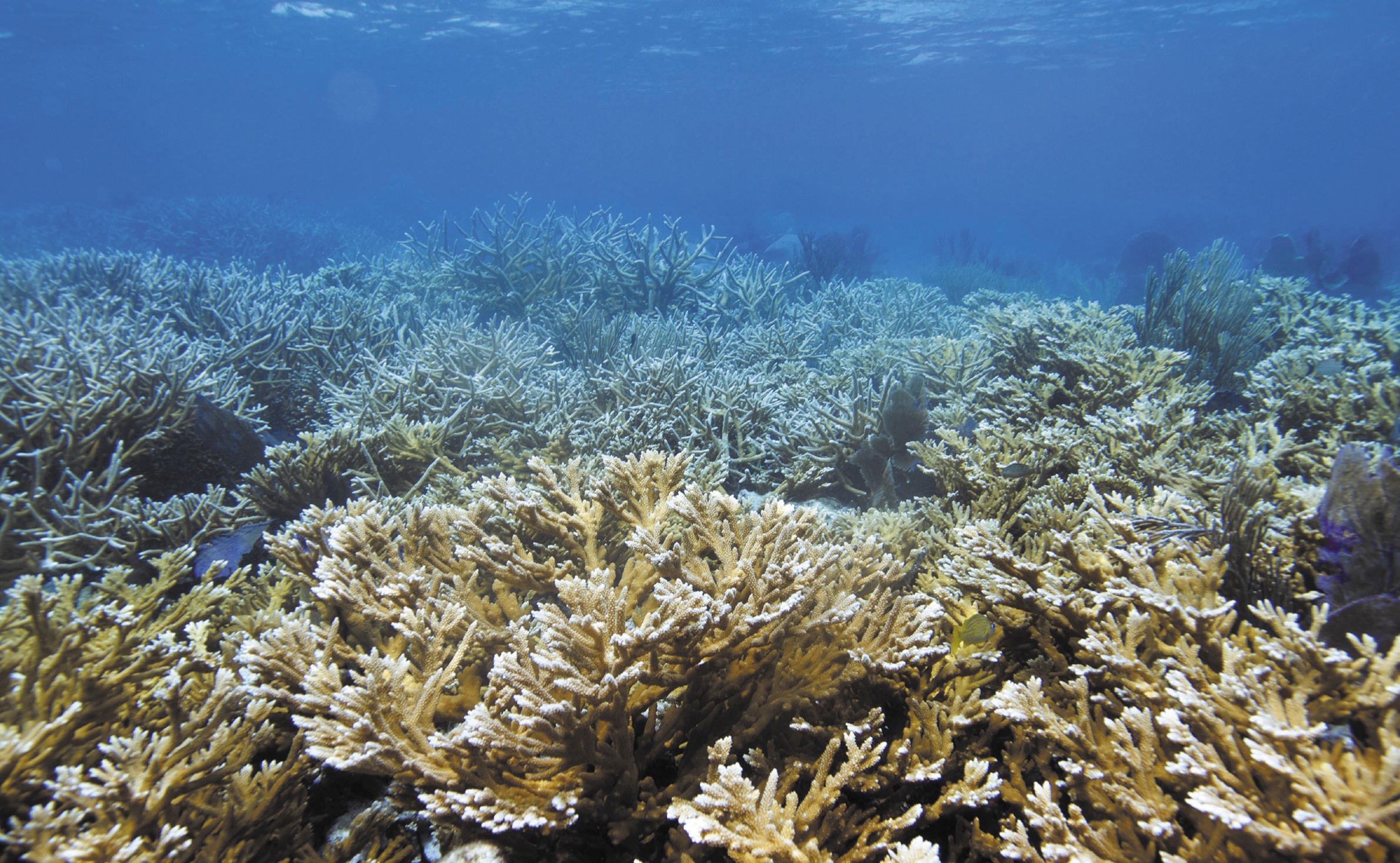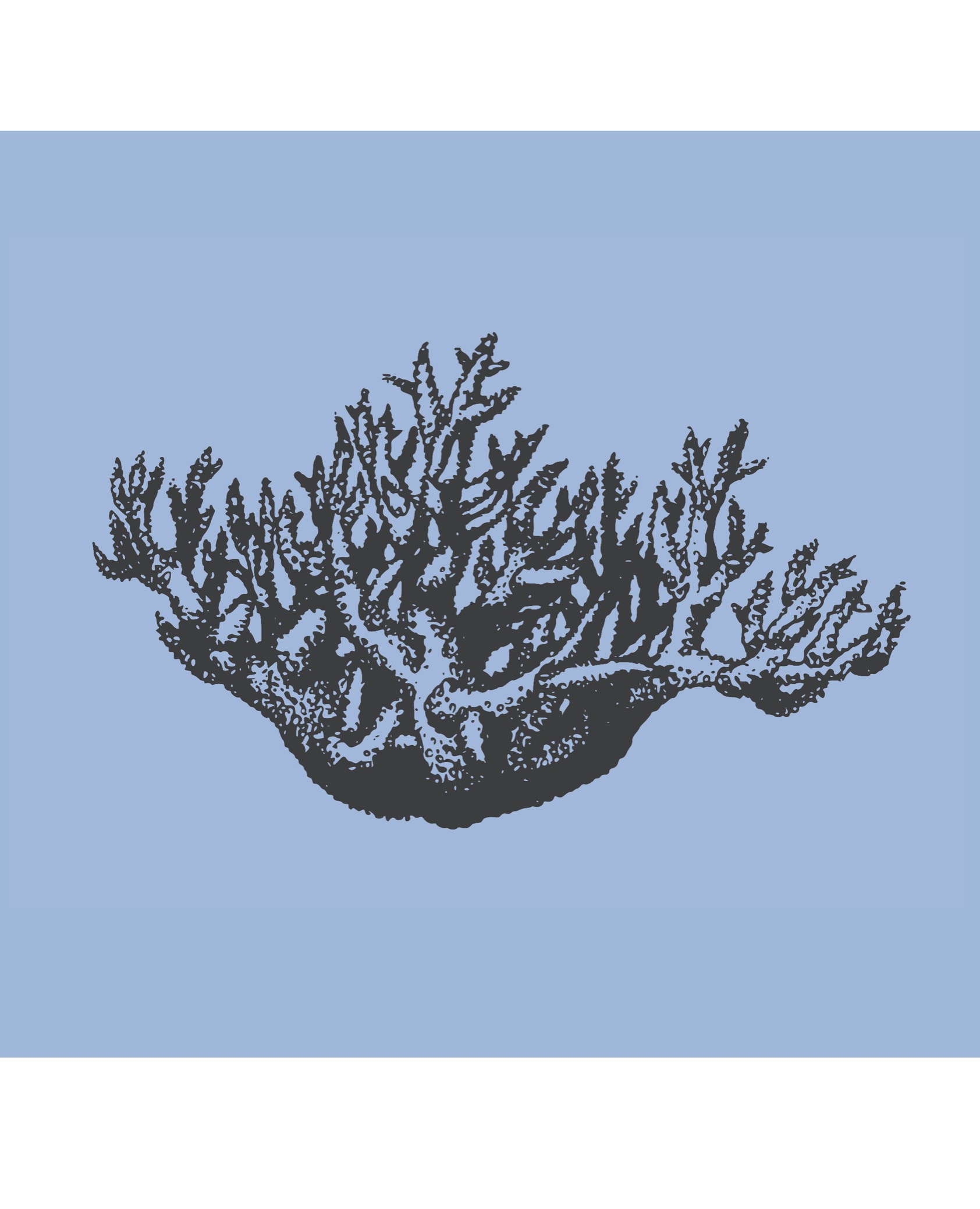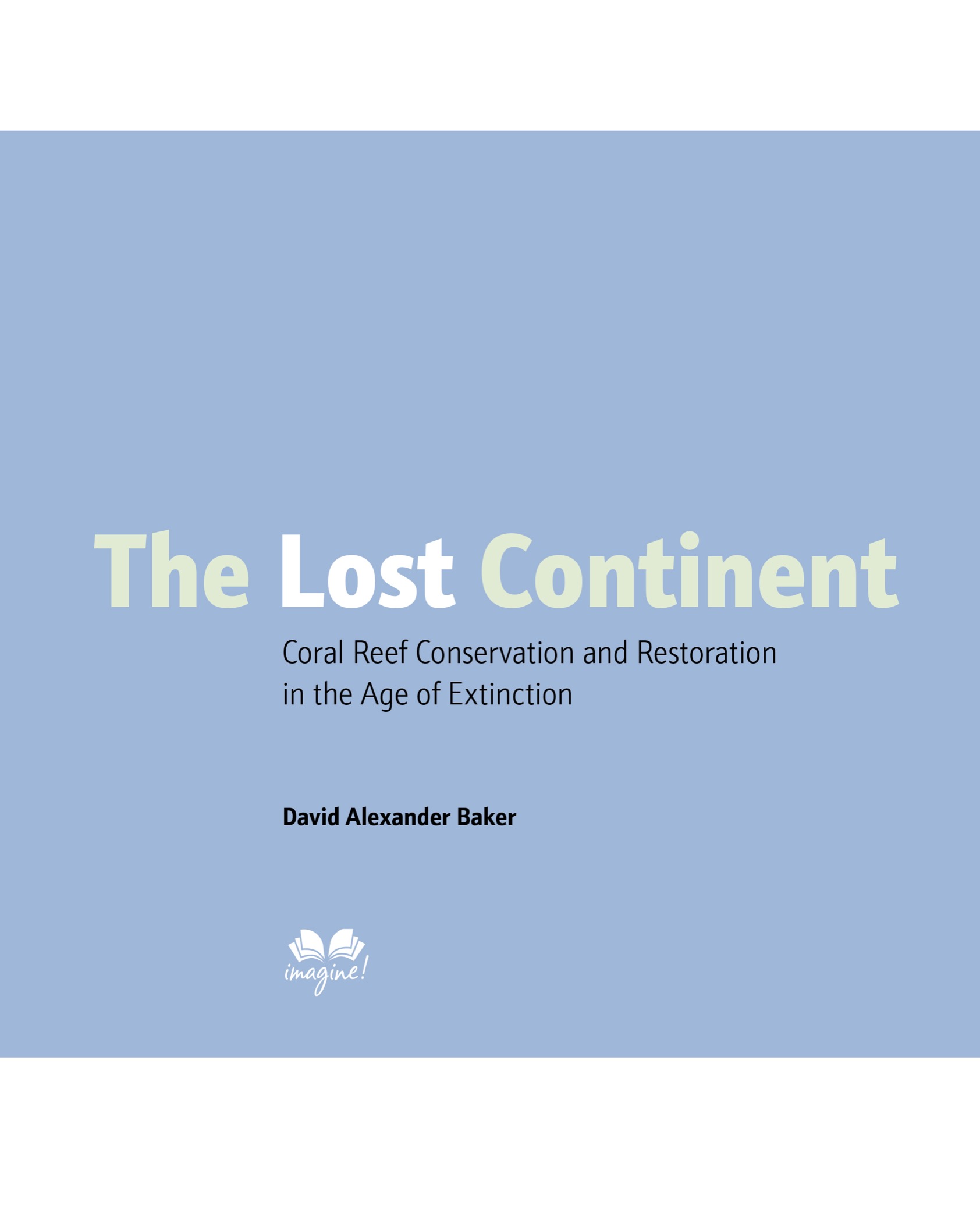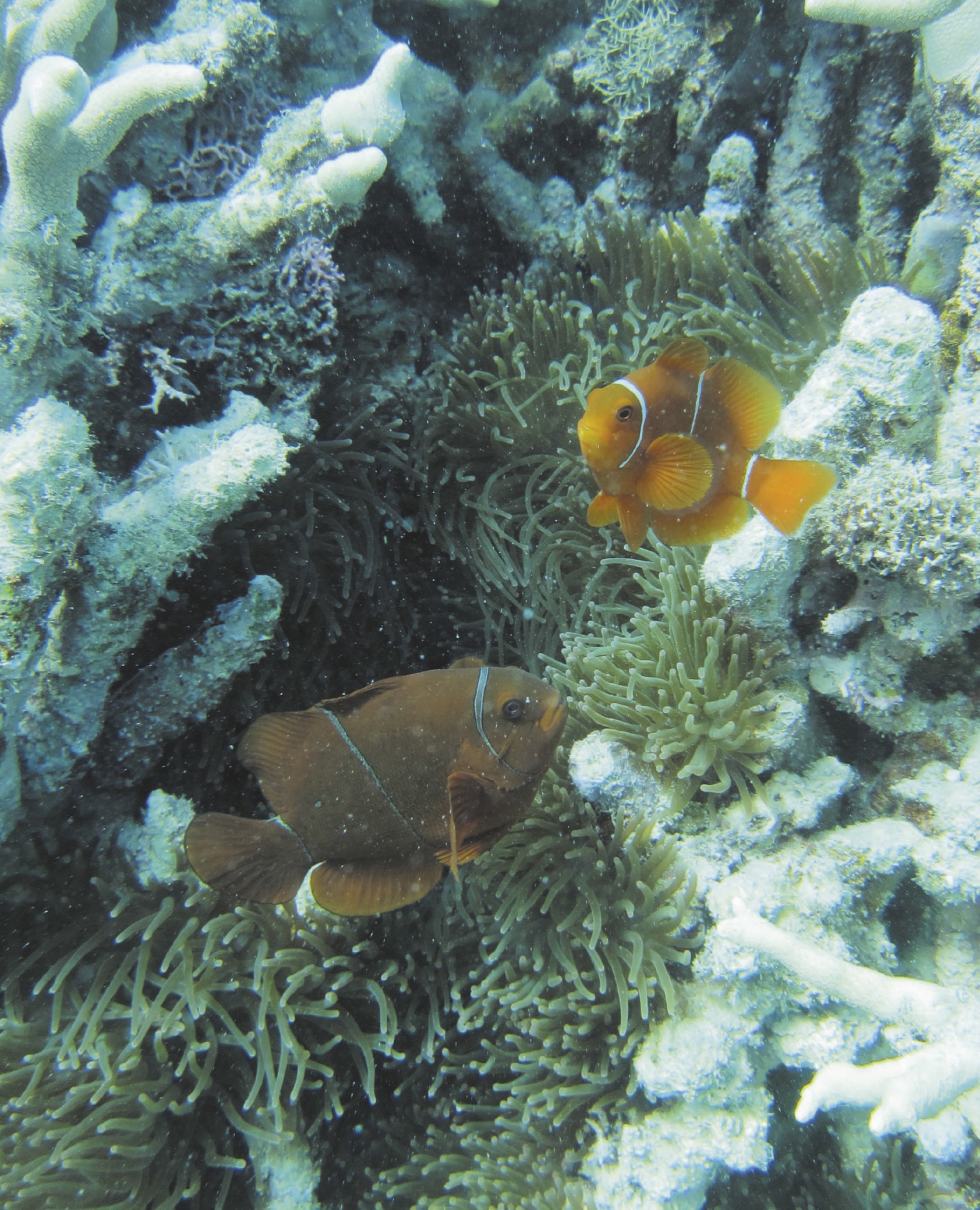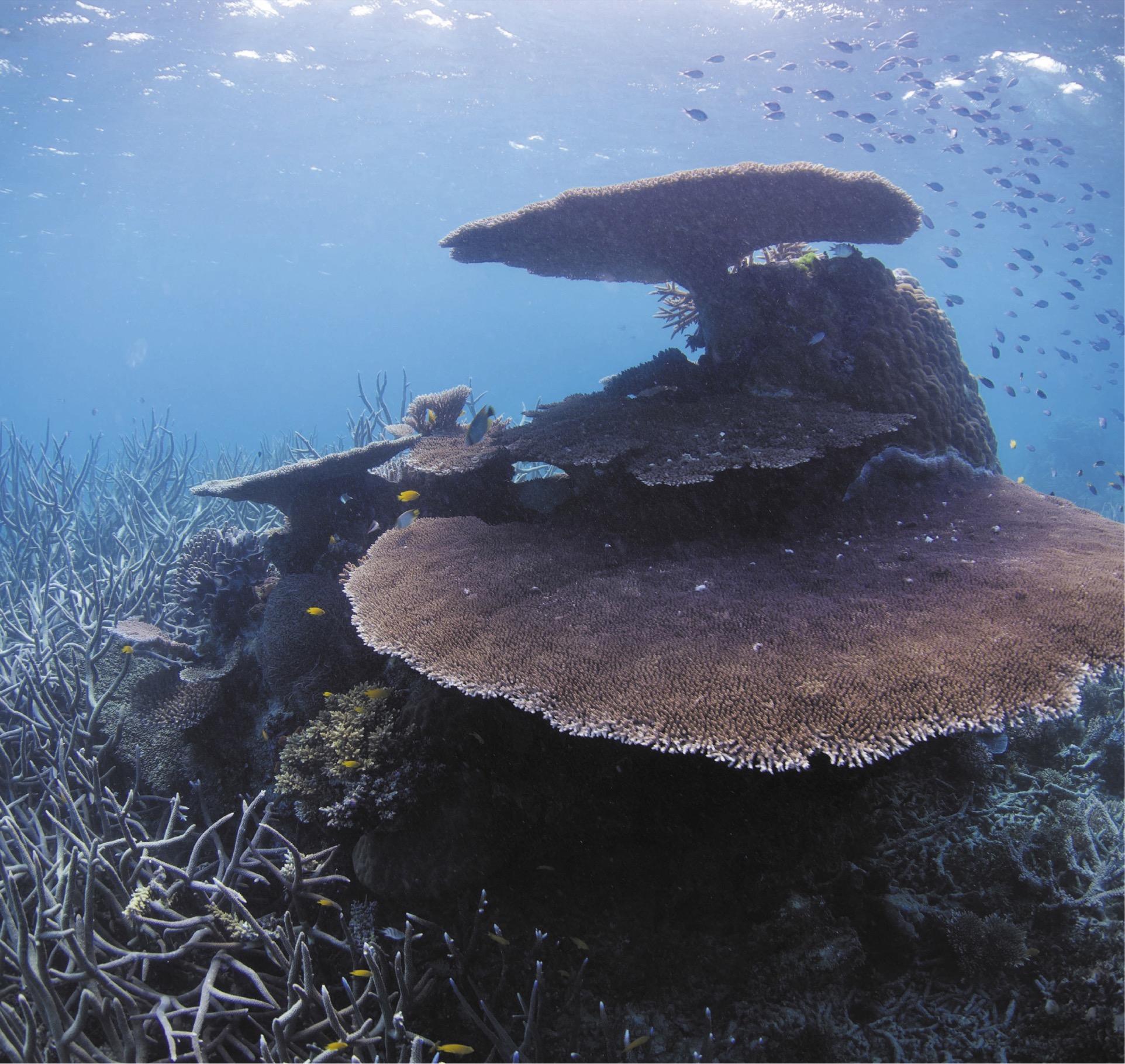Contents
Landmarks
Print Page List
Copyright 2022 by David Alexander Baker
All rights reserved, including the right of reproduction in whole or in part in any form. Charlesbridge and colophon are registered trademarks of Charlesbridge Publishing, Inc.
At the time of publication, all URLs printed in this book were accurate and active.
Charlesbridge and the author are not responsible for the content or accessibility of any website.
An Imagine Book
Published by Charlesbridge
9 Galen Street
Watertown, MA 02472
(617) 926-0329
www.imaginebooks.net
All photographs in the book are courtesy of the author, except for the following:
Photos on : courtesy of Justin Smith
Photos on : courtesy of Darryl Lai
Photos on : courtesy of Amy Eggers/Hawaii Institute of Marine Biology (HIMB)
Library of Congress Cataloging-in-Publication Data
Names: Baker, David Alexander, 1971 author.
Title: The lost continent: coral reef conservation and restoration in the age of extinction / David Alexander Baker.
Description: [Watertown, MA]: Charlesbridge Publishing, 2022. | Includes bibliographical references. | Summary: A celebration of the beauty of the worlds endangered coral systems, a lament at their destruction, and a call to action to save what remains, as time is running out. Provided by publisher.
Identifiers: LCCN 2021050497 (print) | LCCN 2021050498 (ebook) | ISBN 9781623545147 (hardcover) | ISBN 9781632892416 (ebook)
Subjects: LCSH: Coral reef conservation. | Coral reef restoration.
Classification: LCC QH75 .B2649 2022 (print) | LCC QH75 (ebook) | DDC 333.9dc23/eng/20211117
LC record available at https://lccn.loc.gov/2021050497
LC ebook record available at https://lccn.loc.gov/2021050498
Production supervision by Jennifer Most Delaney
Interior design by Nicole Turner
Art direction by Margaret Bauer
Ebook design adapted from print design by Nicole Turner & Margaret Bauer
Ebook ISBN9781632892416
a_prh_6.0_141492002_c0_r2
For Bailey
Praise for The Lost Continent
David Bakers The Lost Continent is at times desperate, at times hopeful, and always engaging, intelligent, and artful. Reading this book about the underwater world of coral and reefs is like attending a series of lectures by your favorite professor, the one who is concerned yet curious; amusing and informed; and whose narratives span the evocative past, the ever-changing present, and the slippery, tenuous future of the topic at hand.
Patricia Ann McNair
author of Responsible Adults and And These Are the Good Times
David Baker brings a filmmakers eye to this globe-trotting survey of Earths coral habitats, and his skills yield a series of remarkably vivid close-ups of these evasive, crucial landscapes. The resulting book is an engaging, comprehensive presentation of one of our planets most fascinating ecosystems.
Elena Passarello
author of Animals Strike Curious Poses
The Lost Continent is encouraging in the deepest, strictest sense of the word: itll stir up courage in the heavy hearts of those familiar with our ecological emergency.
Tim Jensen
author of Ecologies of Guilt in Environmental Rhetorics and Director of Writing at Oregon State University
Even struggling corals provide structure and habitat for these clownfish and anemone.
Contents
Lizard Island, Australia
Thuwal, Saudi Arabia
Santa Cruz del Islote, Colombia
Moorea, French Polynesia
Oahu, Hawaii
Moloko Reef, Oregon
Nevada and Arizona
Bocachica, Colombia
Southern Belize
Maui, Hawaii
South Florida
Lower Keys
Healthy corals growing in a variety of shapes provide ample habitat for fish and other reef life.
Introduction: The Tide
THE TIDAL SWING between elation and desperation that comes from documenting the struggle of the worlds coral reef ecosystemsa flood of grim statistics followed by brief surges of beauty and hopecan take a toll on a person. In the past eight years Ive heard more people utter the unlikely phrase I cried into my dive mask than I care to recount. But those words best describe the experience of people who study and work on the problems facing reef-building corals and the vast and magnificent habitats they construct in the clearwater deserts of our tropical seas.
It hasnt helped that I set up a feed delivering news to my in-box every morning, harvesting stories with the keywords coral reef decline. The dire headline Climate change could kill all of Earths coral reefs by 2100 is followed by the more promising How seaweed-munching crabs could help save coral reefs. The idea of silver bullets and unlikely saviors in the face of enormous odds is tantalizing. It is the plot of ancient legends, blockbuster movies, and entire religions. It is an understandable temptation to imagine that salvation lies outside of ourselves. But in the case of saving coral reefs, it most certainly does not.
If you dig past the headlines into the social media fray or research listservs, youre likely to find inspiring tales and cranky critiques. A new discovery offers promise; its not enough. One patch of reef shows surprising resilience; a drop in the bucket. A team of volunteers restores a swath of coral the size of a football field. Someone chimes in to remind us that the Great Barrier Reef (GBR), which has experienced mass die-offs due to unprecedented coral bleaching from global warming, is the size of seventy million football fields.
If you follow the plight of the worlds corals, hope and despair engage in a sort of tug-of-war for the soul. Every time you submerge on a reef, beautiful or scruffy, you ask yourself what it looked like a generation ago, or even five years ago. The baseline is shifting below our feet, reefs are declining, and even when you come across rare beautythat healthy stretch of reef completely encrusted with vibrant stony coralsyou cant help but wonder if it is the last of its kind.

